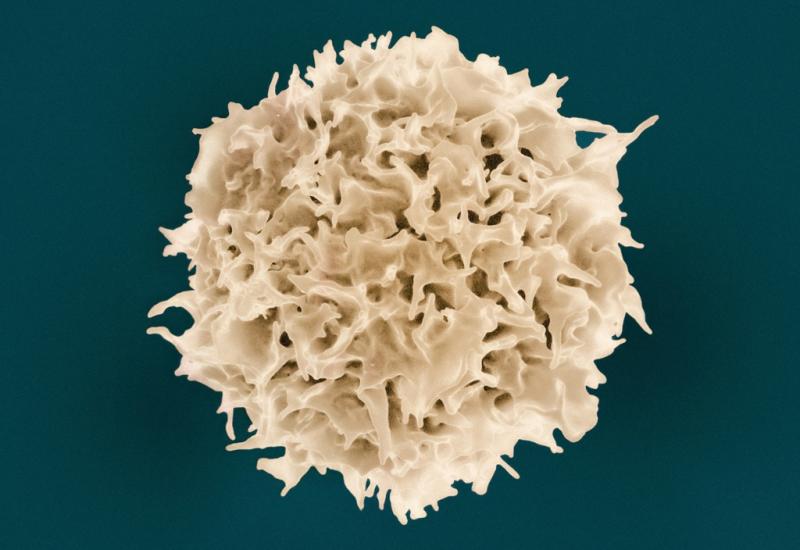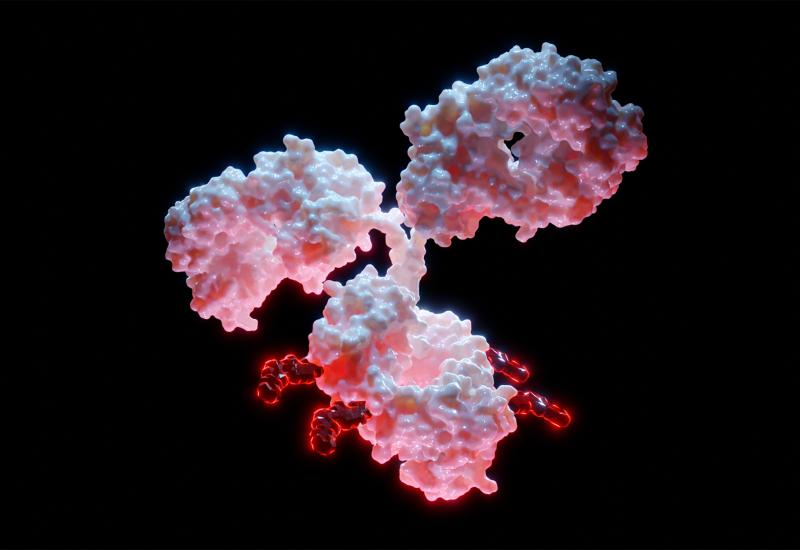
BeOne tries to repeat the inhibitor-degrader double
Degraders of CDK2 and KRAS follow the group's attempts at inhibiting these targets.
Degraders of CDK2 and KRAS follow the group's attempts at inhibiting these targets.

Having followed the success of its BTK inhibitor Brukinsa with promising clinical data for a degrader against the same kinase, BeOne Medicines is trying to repeat the trick with a couple of other targets, the group's R&D day last week heard.
These targets are CDK2 and KRAS, with BG-75098, a degrader hitting the former, expected to enter human testing by the end of this year. CDK2 is a protein that several companies have tried to hit with targeted inhibition, but success here has been limited; perhaps this has prompted the likes of NiKang and most recently Gilead to turn their attention to degradation approaches.
BeOne, which until recently was known as BeiGene, itself features among those that have underwhelmed. The company has taken its CDK2 inhibitor BG-68501, the result of a 2023 tie-up with Ensem Therapeutics, into clinical trials, but at ASCO in May the molecule yielded just two partial responses, both in breast cancer and both unconfirmed, among 37 solid tumour patients.
This was perhaps not a terrible result in a heavily pretreated population, but it was nothing like the success BeOne has had with its BTK degrader BGB-16673. That project is vying with Nurix's NX-5948, and is about to start a phase 3 trial, Cadance-304, where it will go head to head against Lilly's Jaypirca.
Improved CDK2 selectivity
Now comes BeOne's shot at CDK2 degradation, with BG-75098 being revealed as a project with "much improved selectivity" for CDK2 versus CDK1 than small-molecule inhibitors. The company has even coined a new term for this class of degrader – CDAC, or chimaeric degradation activation compound – perhaps echoing Arvinas, which calls its degraders Protacs.
CDK2 degradation saw deal interest this month, with Gilead paying Kymera Therapeutics $85m up front for rights to a discovery programme. The most advanced player is the private biotech NiKang, whose CDK2 degrader NKT3964 started a phase 1 solid tumour trial last year.
Still, the dynamic for BeOne, dabbling in CDK2 degraders and inhibitors alike having seen limited promise so far, differs starkly from the group's work in BTK, where the inhibitor Brukinsa is already established as a marketed blood cancer drug.
Similarly to CDK2, BeOne now has early involvement in pan-KRAS inhibition, through BGB-53038, and degradation; no lab code has yet been revealed for its KRAS degrader, which will enter the clinic late next year. The only human KRAS degradation data so far have come from Astellas's G12D-selective molecule ASP3082, while preclinical pan-KRAS degraders include Betta's BPI-585725 and an unnamed molecule from Arvinas, according to OncologyPipeline.
Selected projects newly into BeOne's R&D pipeline.
| Project | Target | Status | Note |
|---|---|---|---|
| BG-75098 | CDK2 degrader | Starting ph1 by YE 2025 | CDK2 inhibitor BG-68501 showed 6% uORR in 37 solid tumour patients at ASCO 2025 |
| BG-75202 | KAT6A/B inhibitor | Starting ph1 by YE 2025 | Clinical competition from Pfizer's PF-07248144, Olema's OP-3136 & Menarini's MEN2312 |
| Unnamed | KRAS degrader | Starting ph1 in H2 2026 | Pan-KRAS inhibitor BGB-53038 started ph1 in Nov 2024 |
| Unnamed | CNS-penetrant RAS(on) inhibitor | Starting ph1 in H2 2026 | Revolution’s daraxonrasib is in 2 ph3 trials |
| Unnamed | ADCs using RAS(on) inhibitor as the payload | Discovery stage | – |
Source: OncologyPipeline.
Away from degradation, BeOne's R&D day also revealed new early-stage inhibitors of KAT6, with a molecule coded BG-75202, and of RAS(on).
The latter is described as RAS's active, or GTP-bound state, which is said to drive uncontrolled cell growth, and here the leader is Revolution with daraxonrasib. After a recent royalty deal Revolution has around $4bn in the bank, and it just signed a clinical trial collaboration to combine its RAS(on) inhibitors, including daraxonrasib, with Summit’s ivonescimab.
For its part, BeOne claims that its molecule has preclinically shown high CNS penetration; the company told the R&D day that at the discovery stage it also had an ADC project against undisclosed targets that uses the RAS(on) inhibitor as a "non-cytotoxic payload".
In KAT6 inhibition the most advanced project is Pfizer's PF-07248144, while Olema's OP-3136 and Menarini's MEN2312, licensed from InSilico Medicine, are the only other clinical-stage projects. BeOne claims that preclinical tests have shown BG-75202 to be more efficacious than PF-07248144, as well as having higher selectivity against KAT7, but of course it has yet to show this in the clinic.
2491













